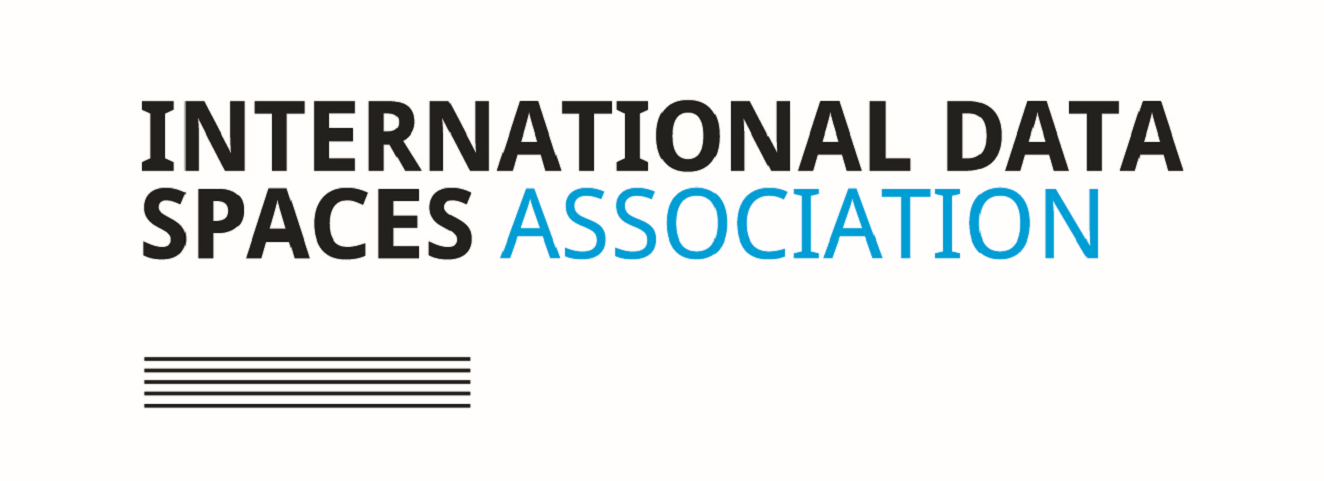Sovereignty of data assets: The data owner establishes individual usage policies for their data assets, regarding both data usage and data users (such as the specific release or blocking of data for certain users).
Security of data exchange: A protection level concept regulates the data protection requirements, in particular during the exchange of data.
Decentralized organization and federal architecture: International Data Spaces combines all end points that use an IDS connector for participation in the data space of International Data Spaces. Thus there is no central authority for data management or data governance tasks. This makes International Data Spaces an alternative architecture design, compared for example to central data management concepts (including data lakes) on the one hand and decentralized data networks without shared rules on the other hand.
Governance and shared rules: Due to the decentralized architecture of International Data Spaces and thus the lack of a central supervisory authority, data governance principles are developed as shared rules. They determine the rights and obligations for data management and are derived from the requirements of the users.
Network of platforms and services: International Data Spaces connects data providers and data users. Data providers can be companies, but also individual entities in the Internet of things such as vehicles, machines, means of transport, and equipment.
Scaling and network effects: International Data Spaces provides data services for the secure exchange and straightforward linking of data. By connecting the participants via the IDS connectors, the infrastructure has a decentralized character which makes International Data Spaces scalable without a central authority.
Furthermore, the scaling and network effects as such develop through the growing availability of data, not only from individual participants but also entire ecosystems.
Scaling and network effects: International Data Spaces provides data services for the secure exchange and straightforward linking of data. By connecting the participants via the IDS connectors, the infrastructure has a decentralized character which makes International Data Spaces scalable without a central authority.
Furthermore, the scaling and network effects as such develop through the growing availability of data, not only from individual participants but also entire ecosystems.
Openness: The International Data Spaces initiative is user-driven and based on a participative development process, organizationally bundled in the International Data Spaces Association.
Trust: International Data Spaces participants must be able to rely on the identity of data providers and data users, and on the technical implementation of data sovereignty. To this end, a mandatory certification of the software ensures the protection of trust. Special IDS connectors with extended encryption are also available for the secure exchange of data.

 International Data Spaces
International Data Spaces


